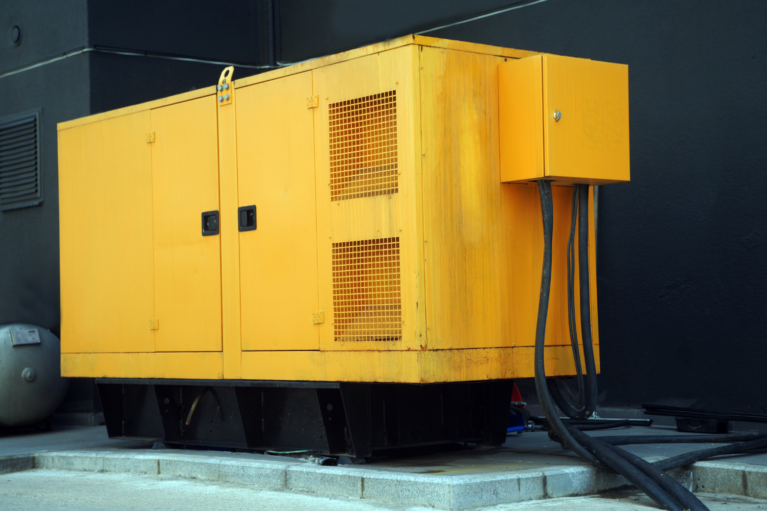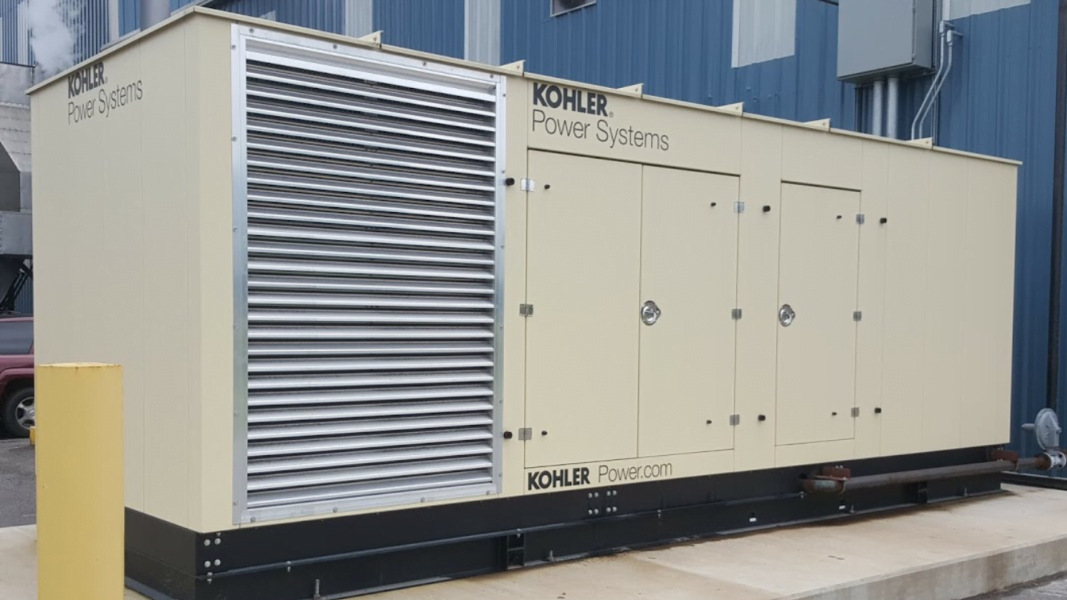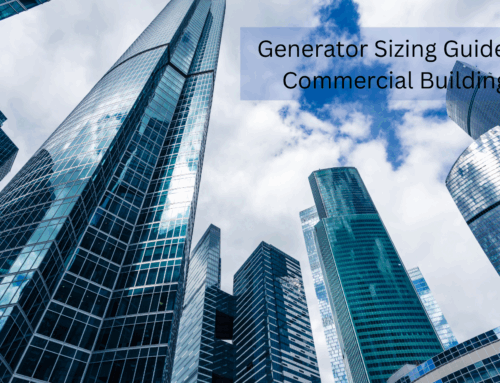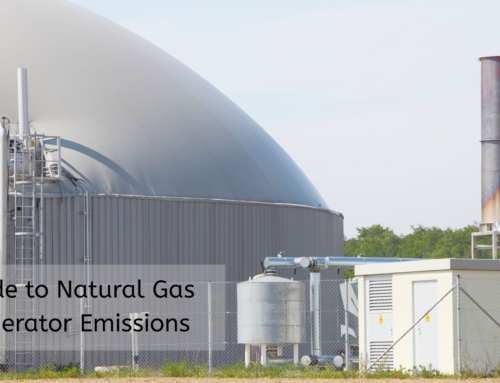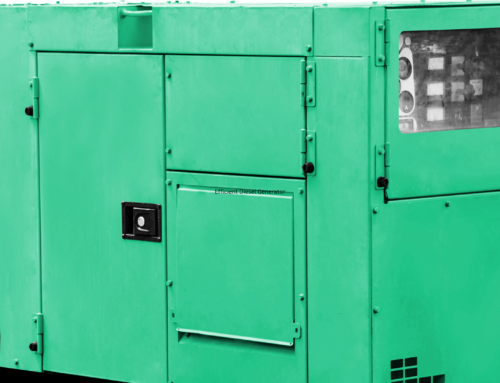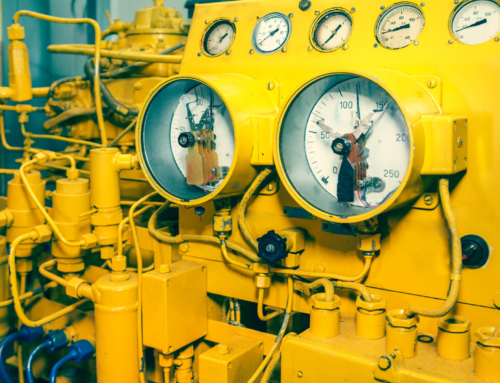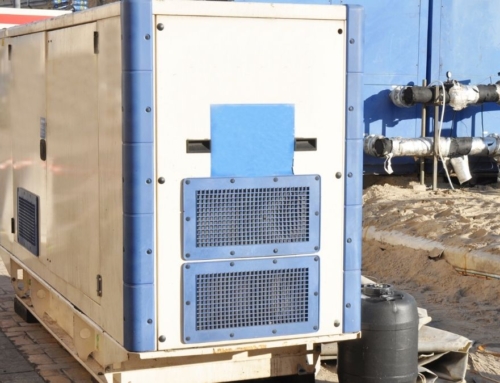Is your business infrastructure or commercial facility prepared to deal with an emergency situation like a power outage?
Due to various reasons such as extreme heat, natural disasters, storms, etc, power outages are becoming more common. Your business facility needs must be equipped enough to handle power outages for a prolonged period of time.
Without power, your business operations can be affected by significant deterioration to the business’s bottom line. Any unplanned downtime will damage your profit margins from where it can be challenging to recover back to earlier.
So, to prevent this, it is essential to install a backup generator in your commercial facility. Having a reliable backup generator keeps your business operational in an emergency power outage situation.
Now, you may ask- how to choose the best backup generator for your business. Well, this depends upon various factors you need to consider. Here, we have explored everything in detail that will help you make the right choice.
What Is The Backup Generator You Should Get For Your Business?
Portable generators are one of the most commonly found backup generators in the market for commercial purposes.
These are powered by smaller engines. However, for powering larger infrastructures like a company building, hospitals, or schools, standby generators with an automatic transfer switch are the best.
There are three things you need to consider while choosing the backup generator:
- Total wattage requirement you need during an emergency outage
- Your budget constraints
- Features and functions of the Backup generator
Factors Businesses Must Consider While Choosing The Best Backup Generator
Determine the Required Generator Size
Start by identifying the suitable generator size needed for your company, depending on how much specific backup power will be required.
It is not a one-size-fits-all solution, as requirements for businesses vary significantly. Consult with a reputed generator installation company, which will further conduct an on-site assessment to evaluate power demands.
Depending upon your business’s specific needs, they will recommend you the best backup generators in terms of type and size.
Going with this tailored approach will ensure that your power requirements are met and you are not overspending on a larger system that you do not require in the first place.
Choosing Between Natural Gas vs Diesel Generators
These are primarily two types of generators on the basis of their fuel type. Both have their own pros and cons.
Understanding the difference between these two will help you choose the right one for your business requirements. Let’s see what these both types of generators offer.
Diesel Generators
Diesel generators are highly reliable with less maintenance costs. It also has the potential to function as a primary power source.
Here are some pros and cons of choosing diesel-fueled generators:
Pros of Diesel Generators
- Sturdy and durability in sustained performance
- Ideal for large commercial facilities
- Need less maintenance
- Need much fewer replacements
- Ability to function as a primary power source
Cons of Disel Generators
- High upfront cost
- Need very large and dedicated space
- Not much eco-freindly compared to natural gas fuel generators
Natural Gas Generators
Natural gas fueled generators are a much better eco-friendly option as compared to diesel generators. These are also more cost-effective.
Here are some pros and cons of Natural gas generators:
Pros of Natural Gas Generators
- Smaller in size, thus higher portability and easier to move
- More quiet functioning as compared to diesel generators
- More eco-friendly option
Cons of Natural Gas Generators
- Need higher maintenance as compared to diesel engines
- Over reliance on consistent supply of natural gas might defeat the purpose of emergency or backup generators.
See related: Why Experts Prefer Brushless Diesel Generators?
Strictly Adhering To Local Codes And Regulations
Installing a backup generator for your business is an extremely regulated practice requiring compliance with local codes and regulations.
It is essential to hire technical expertise to navigate through these regulation-based complexities. They help you ensure you follow every rule and regulation in the book to avoid or not mistakenly exploit any potential legal and safety problems.
Before choosing a generator installation company, remember to check their track record and investigate their success, ensuring they are solid for the job.
Selecting Appropriate Fuel Source
Backup generators operate on different types of fuels, including diesel, propane, natural gas, and gasoline. Different fuel sources come with their own set of advantages and disadvantages.
You need to check a few considerable factors while choosing the right fuel source for your backup generator, such as availability, environmental impact, fuel efficiency, and cost.
Check For Proper Ventilation
The higher efficiency and safety of a backup generator also depend on whether the machine is getting adequate ventilation.
Proper ventilation prevents the accumulation of harmful gases such as carbon monoxide.
Hiring professionals makes things easier for you as they will ensure you follow all the safety codes and regulations regarding your generator’s ventilation and location placement.
Providing Training and Support
It is essential to understand how to operate and manage backup generators. More importantly, you also need to know what to do in an emergency or in case there is an issue with the machine.
So, you must choose a professional installation company to install your backup generator and offer your team extensive, comprehensive, and continuous training and support. This will help you utilise the power backup system more efficiently.
Reduce Downtime During Installation
During the backup generator installation process, your business operations will be temporarily disrupted and paused for a period of time.
Now, this will stall business processes and even affect financial levels. That’s why strategic planning is required for the installation planning and procedure. A professional installation company has experience in minimising this business downtime during installation.
Assure Proper Maintenance
The whole point of installing a backup generator is having a reliable solution to fall back on in case of an emergency, i.e., a power outage.
However, the reliability of any backup generator depends on how well it is maintained over time.
That’s why, while choosing a backup generator, you must ensure an extensive maintenance plan, including regular inspections, essential repairs, tests, etc, so businesses can continue to rely on it.
Consider Environmental Impact
One of the most important things to consider while choosing backup generators is its environmental impact.
Get the Best Backup Generator For Your Business
Every minute of downtime during a power outage negatively impacts the overall business operations and the business’s bottom line. With climate change, storms and other disasters, power outages are common in today’s age.
We at Central States Diesel offer backup power generators with installation, maintenance and support services to keep your business afloat even in an emergency energy crisis.
Commonly Asked Questions About Choosing The Best Backup Generators
How To Calculate Your Backup Generator Size?
The total number of watts requirements on multiple devices in use. The total watts on adding up all is how much power you need in case of an outage. Divide that number by 1000 to convert it into kilowatts. Add a 20% safety margin to the number, and that is the generator capacity requirement or size of your back generator you need.
How Many Watts Should A Backup Generator Be?
A backup generator for to run business operation in emergency power lapse situations, will be somewhere between 5,000 to 8,000 watts ideally enough to run heating and coling systems, multiple large size appliances etc.
Further more: How Backup Generators Can Help?
How To Choose The Best Backup Generator?
Choosing the best backup generator for a commercial or business infrastructure depends upon the power requirement in terms of watts, your budget and the features of the generator you are going to select. Other factors, such as maintenance, functionality, service quality, etc, also help you make the right decision.

